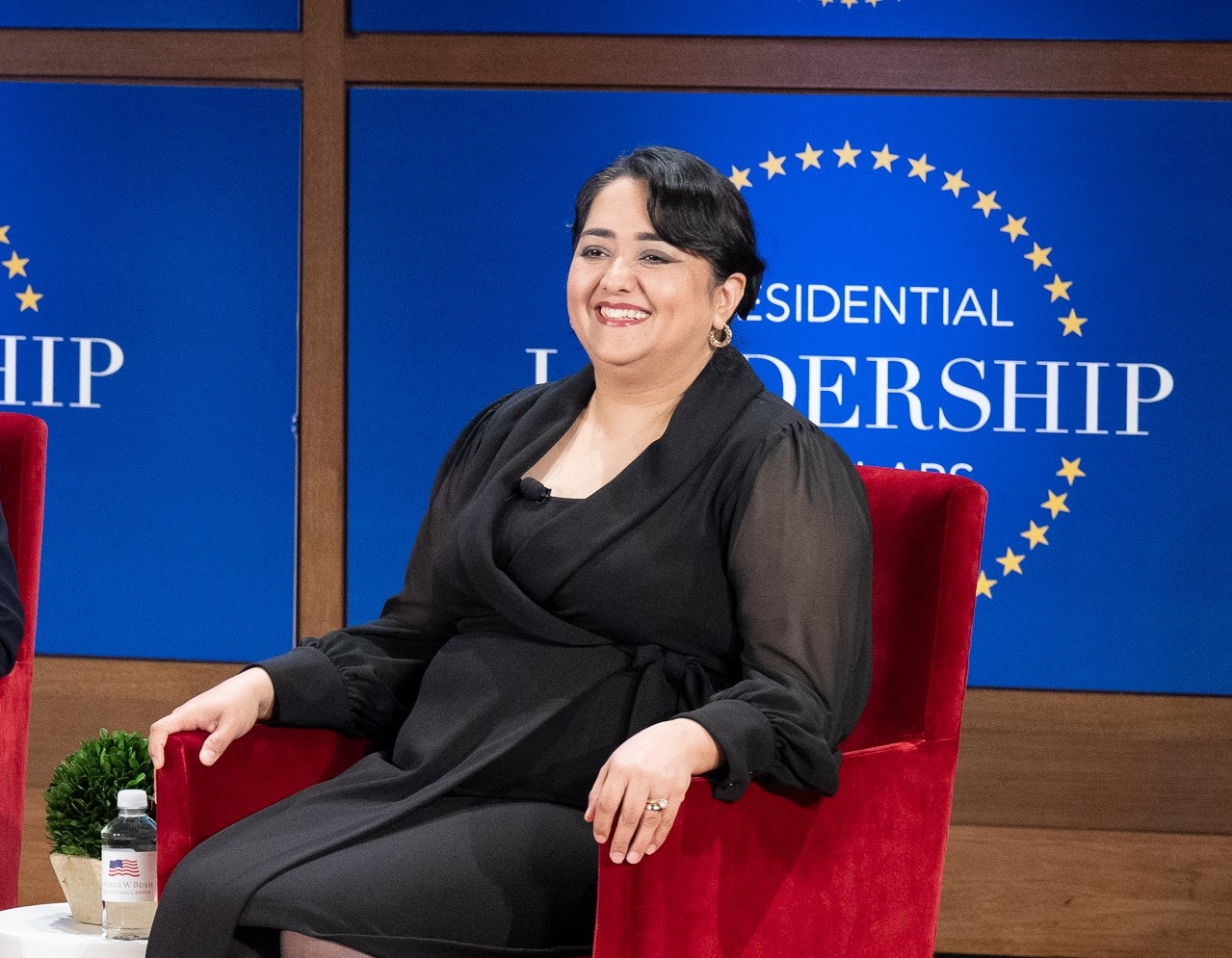A paradigm shift in the way principal’s are prepared, empower and perceived is occurring, and the George W. Bush Institute’s Alliance...
A paradigm shift in the way principal’s are prepared, empower and perceived is occurring, and the George W. Bush Institute’s Alliance to Reform Education Leadership (AREL) is excited to be supporting and connecting the individuals and organizations who are leading the way. One leader and longtime advocate of school leadership reform is Paul Bambrick-Santoyo – Managing Director of North Star Academies for Uncommon Schools. In his new book, Leverage Leadership, Bambrick-Santoyo expresses many of the same beliefs foundational to AREL, chief among them that school leadership is a pivotal lever in improving student achievement. Based on over ten-years of observation and data collection, Bambrick-Santoyo highlights the glaring reality that America’s principals can no longer be considered building managers, focused primarily on tasks that do not boost student achievement. To bring the reform needed, principals must become engaged leaders, whose focus is on creating a culture of achievement. Bambrick-Santoyo presents and describes seven key levers needed for this shift to occur. AREL and the George W. Bush Institute are inspired by the ideas of Leverage Leadership and encourage our supporters to read Bambrick-Santoyo’s latest work. Together, we can improve school leadership and better America’s public schools. (uncommonschools.org) Ahead of the AIDS 2012 conference in Washington DC next month, U.S. Global AIDS Coordinator Eric Goosby spoke to the Brookings Institute this week about lessons learned in the fight against HIV/AIDS. In his speech, Goosby said "some of the lessons learned from the first decade of the President's Emergency Plan for AIDS Relief (PEPFAR) that can inform future efforts on AIDS and global health," he writes, "The last 10 years have taught us what must be done to end this epidemic and achieve an AIDS-free generation, and I have great hope that we will get it done.” (Brookings) Following Aung San Suu Kyi’s European trip, Foreign Policy dissects the options available to her to in bringing about change in Burma given that the constitution and current government is still slanted against reform. They note that she will need to use her popularity with the public to influence outcomes and that her future successes will likely come about through difficult compromises. Suu Kyi told Agence France-Presse she was surprised by the “sense of solidarity” she experienced on her trip and also said she stands ready to lead Burma if given the opportunity by Burma’s electorate in 2015. (Foreign Policy)




























